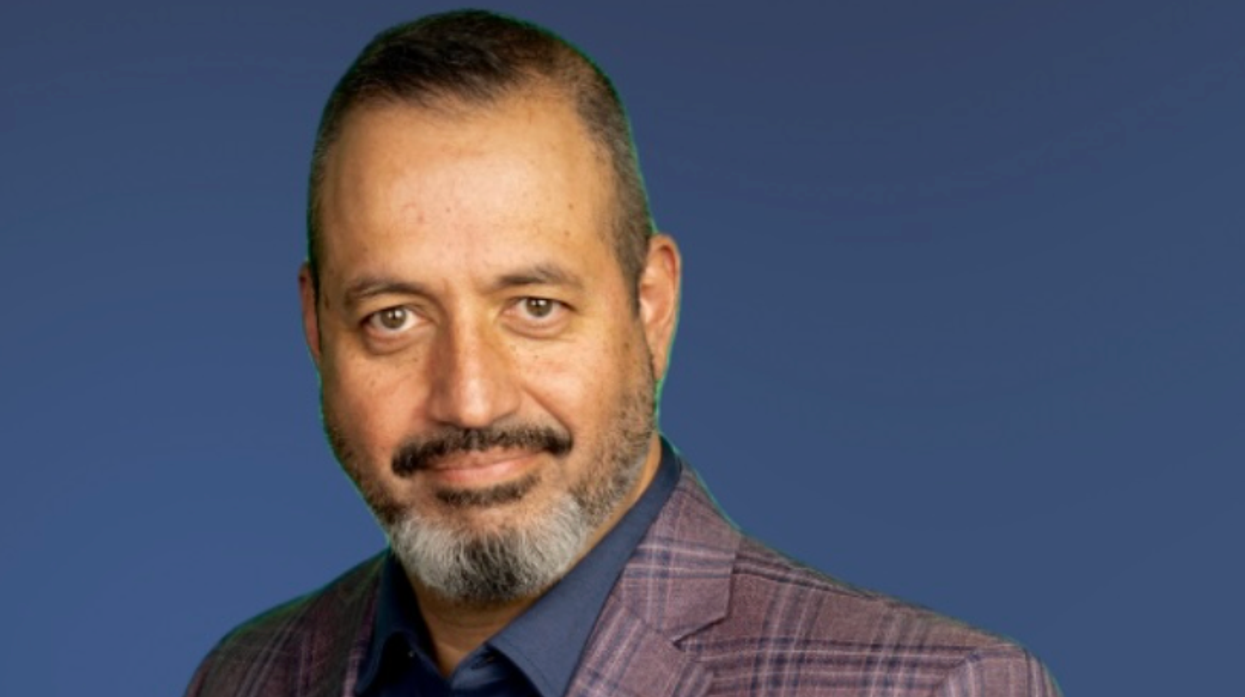Nevins is co-publisher of The Fulcrum and co-founder and board chairman of the Bridge Alliance Education Fund.
Hugo Balta is a 30-year multimedia journalism veteran with multiple market and platform experience that includes leadership positions at NBC, Telemundo, ABC, CBS and PB. He is a two-time president of the National Association of Hispanic Journalists.
Balta, who lives in Chicago with his family, is the publisher of the Latino News Network. LNN’s mission is to provide greater visibility and voice to the Hispanic-Latino community, amplify the work of others in doing the same, mentor and provide young journalists with real world experiences, and apply the principles of solutions journalism in producing stories focused on the social determinants of health and democracy.
“As other news outlets are forced to retreat, we are meeting the challenge and advancing,” explained Balta. “It’s a presidential election year, the migrant crisis at the border is spilling over cities across the country, Covid is still gripping the community, poverty, unequal access to health care, lack of education, stigma, and racism-coverage addressing the social determinants of health and democracy has never been more important for Latinos.”
Balta, who recently joined The Fulcrum as director of solutions journalism and DEI initiatives, is also an adjunct professor in the journalism department at Columbia College Chicago.
He previously worked at the Chicago Reporter as executive editor, WBBM News Radio as editor and WTTW Chicago as news director.
Balta is the only person to serve twice as president of NAHJ. He was inducted into the organization’s Hall of Fame in 2016. A graduate of Seton Hall University, Balta has completed executive leadership programs at Columbia University’s Graduate School of Journalism and the University of Virginia’s Darden School of Business. He is also an accredited Solutions Journalism Network trainer.
I had the wonderful opportunity to interview Balta in late July for the CityBiz “Meet the Change Leaders” series. Watch to learn the full extent of his democracy reform work:
- YouTubewww.youtube.com




















Trump & Hegseth gave Mark Kelly a huge 2028 gift